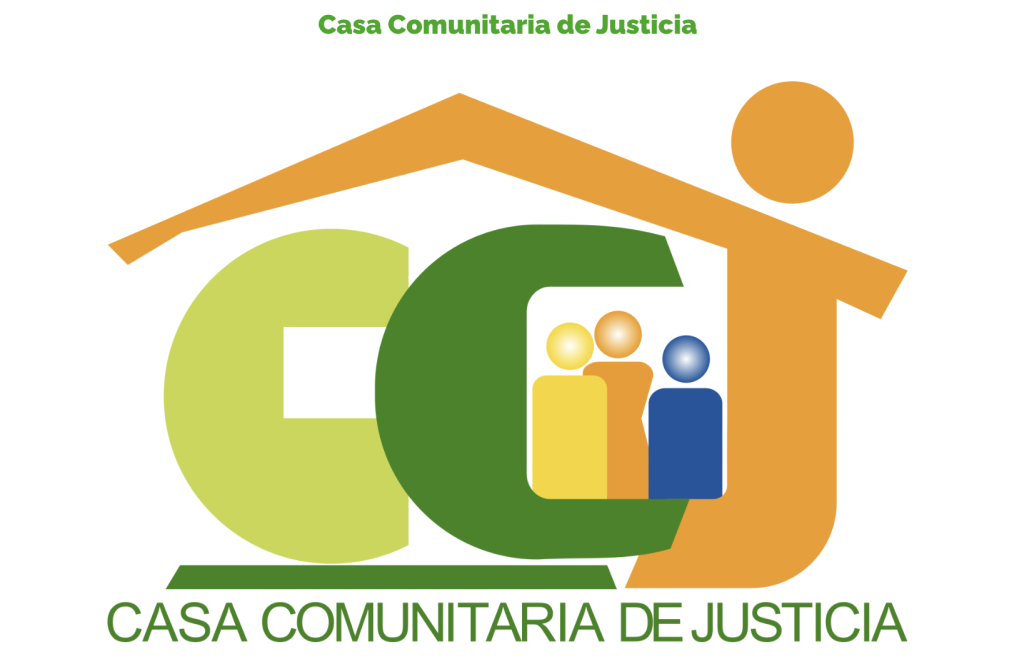
At a time when conflicts are escalating and violence is increasingly being used as half solutions, the need for institutions such as Centro Casas Comunitarias de Justicia (CCCJ) becomes ever more real.
The CCCJ is a non-profit organization that carries out important work as a mediator in the marginalized neighborhoods of the country, helping its community members to resolve conflicts and improve coexistence. Nelson Espinal, key promoter, told Diario Libre that over the last eight months, they have been facing a lack of resources. They are now appealing to the government for funding.
The vice president of the CCCJ, José (Chichí) Ceballos, executive director, and Carmen Victoriano, project director were also interviewed by Diario Libre for the 20 June 2022 issue. They made the call to President Abinader motivated by the interest to continue working to bring their services to more people.
Espinal says that their sustainability depends on the ups and downs of donations or projects. Government funding would guarantee more stability and sustainability.
Espinal said this would enable the system to grow in more municipalities and in more provinces.
Espinal says their efforts build social peace. We firmly believe in the principle that “a badly managed conflict degenerates into violence.”
All services provided are free of charge. They offer legal support, psychological assistance for families, couples, neighbors who have differences and intervene to control violent situations around schools in the neighborhoods where the Community Houses are present.
Carmen Victoriano, the project director, explained they deal with conflicts through their mediation and conciliation units.
She explained the conciliations and mediations have had a direct impact on the reduction of violence in the places where they operate, which are in Cienfuegos and La Joya in Santiago, La Ciénaga and Las Caobas in Greater Santo Domingo; in the Juan Pablo Duarte square, in San Francisco de Macorís, in the José Horario Rodríguez neighborhood, in Moca; in Concepción Taveras street in La Vega; in the La Cuarentena sector in Mao; and Malecón La Puntilla in Puerto Plata.
The institution’s staff is made up of lawyers, psychologists and social workers who are trained to work as mediators and conciliators. They also have community leaders. José (Chichí) Ceballos told Diario Libre that the organization has developed an articulated strategy with institutions that have responsibilities with the justice system and that have a strong presence of community leaders in the Community Houses.
“We have achieved quite a strong success. The Judicial Branch has helped us with mediators. The Public Prosecutor’s Office supports us with prosecutors in each Community House for conciliation. We have social workers and there are community leaders who are connected with each House.”
They are also grateful for the support of the Ombudsman, the Ministries of Women and Ministry of Education, governors’ offices and mayors’ offices that recognize them and the companies that support them and form boards of directors in the interior of the country.
Read more in Spanish:
CCJ
Diario Libre
Diario Libre
22 June 2022

